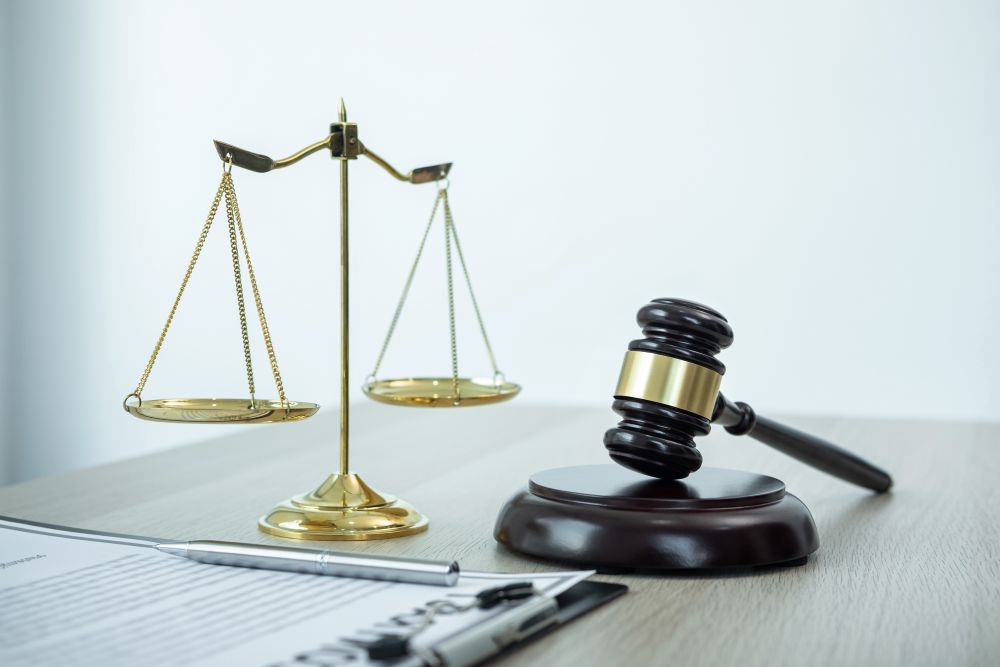Navigating the real estate landscape as a landlord can be a complex and ever-changing experienceespecially in cities with a robust rental market and a framework of strict laws. Philadelphia is no exception, with a history of legislation aimed at protecting tenant rights. Another thing about the rental laws is that they're always changing. As we dive into 2024, it's crucial for landlords and rental property owners to stay abreast of the latest regulations to ensure compliance and maintain a positive relationship with tenants.
New Rental Regulations in Philadelphia
If you're trying to stay up to date on the latest laws that affect rental properties in Philadelphia and their owners, we have a few to highlight for you.
Lead Paint Certification
The Philadelphia Lead Paint Disclosure and Certification Law improves upon the existing laws around lead paint in rental properties. Lead paint regulations have been a growing concern across the nation, and Philadelphia is taking proactive steps to address this issue. The city now requires landlords to obtain a lead-safe certification for any rental property built before 1978, when lead-based paints were banned. This certification involves an inspection by an EPA-certified lead risk assessor or inspector and addressing any lead hazards found in the property. Failure to comply can result in steep fines and potentially the loss of a rental license.
Fair Housing Training
Fair housing laws have been around for decades, but they are always evolving. In many ways, our local laws in Philadelphia are stricter even than the federal laws. For example, landlord training is now required. In line with promoting equitable living conditions for all Philadelphians, the city has implemented mandatory fair housing training for all landlords. This training is intended to educate property owners on the importance of fair housing policies, which prohibit discrimination based on race, color, national origin, religion, sex, familial status, and disability. Understanding and adhering to fair housing laws is not just a legal requirement but a cornerstone of creating a harmonious community within rental properties. All of this is managed through the Philadelphia Fair Housing Commission, which is tasked with educating landlords and ensuring they have the licenses and certificates that are required to rent out homes.
Changes to Eviction Procedures
Eviction is always best avoided, if possible. It's time consuming and costly, and a huge stressor for both tenants and landlords. Sometimes, eviction is the only way to get possession of your property back, however. You need to know the laws around it. Some of those laws have been adjusted recently. Here's what you need to know.
- Eviction Diversion Program
Philadelphia has launched an Eviction Diversion Program (EDP) as a response to the housing crisis stemming from the COVID-19 pandemic. The EDP provides financial assistance to tenants struggling to pay their rent, with the goal of preventing unnecessary evictions. Landlords should familiarize themselves with the program's eligibility criteria and application process, as it offers an alternative solution that benefits both parties and the community at large.
- Extended Notice Period for Evictions
In an effort to provide tenants with more time to address non-payment of rent, Philadelphia has extended the notice of eviction period. Landlords are now required to give at least 60 days' notice for properties up to and including for habitable dwelling units as the primary residence. The additional time is designed to help tenants secure the financial assistance they may need through initiatives like the EDP, potentially reducing the need for eviction.
Tenant Protections and Rights
Tenants in Philadelphia have the right to a safe and habitable living environment. They also have protections in place that landlords need to understand so that you don't accidentally violate those rights. There have been ongoing discussions about rent control in Philadelphia, and organizations such as the Philadelphia Tenants Union and the Philadelphia Rent Control Coalition have been pushing for such laws. Some legislators have considered establishing rent control in Philadelphia through local charters. These charters would set limits on how much landlords can increase rent within a given year, protecting tenants from sudden and substantial rent hikes that could result in displacement. This potential ordinance is part of the city's commitment to ensuring affordable housing options for all residents, but there are no laws in place yet. It's something to watch if you're renting out property in Philadelphia.
Security Deposit Restrictions
The city has recently revised its policies on security deposits, limiting the amount landlords can require from tenants as a condition of tenancy. The new regulations stipulate that landlords cannot demand more than two months' rent as a security deposit. This limit is enforced by Pennsylvania state law as well. You'll want to review your current lease agreements to ensure compliance with this amendment and make any necessary adjustments.
Proactive Steps for Landlords
As the regulatory landscape evolves, landlords must understand that compliance is not just a matter of avoiding penaltiesit contributes to a more stable and inclusive rental environment. Staying informed and proactive is essential for maintaining properties that are not only legally sound but also valued by the community. Here are some proactive steps you can take as a landlord:
- Stay Up-to-Date: Subscribe to local government newsletters and attend information sessions or workshops for the latest updates on rental regulations.
- Network with Peers: Join local landlord associations or online forums to share experiences, learn from others, and stay knowledgeable about the industry.
- Consult Experts: Establish a relationship with a legal professional and a Philadelphia property manager who is well-versed in real estate law to guide you through complex legal matters as they arise.
- Maintain Open Communication: Foster an environment where tenants feel comfortable approaching you with concerns, and remain transparent in all your dealings.
The labyrinth of Philadelphia's rental laws can be complex, but with the right approach, landlords can successfully navigate the changing legal terrain. By keeping communication channels open, staying vigilant to policy updates, and prioritizing tenant-landlord relationships, property owners can ensure their rentals are safe, welcoming, and compliant with the laws that govern them. Please contact us at Innovate Realty. We work with investors of all experience levels in the greater Philadelphia metro area as well as surrounding suburban areas in Montgomery, Chester, Burlington, and Delaware County, to the Delaware River.


